Winter '17 / '18 - NOV/s Arctic Oscillation: Winter/s Leading Indicator
The sign of NOV/s Arctic Oscillation (AO) index has a statistically significant (Chi-square Test for Independence; p <= 0.05) association with the sign of the average AO index during meteorological winter (D-J-F).
'True + (-)' indicates a true (false) prediction.
IOW ... if NOV/s AO is negative ... then there's a 72% chance the winter's average AO/s sign will also be negative ...
...and the association between the AO/s negative sign for NOV and D-J-F has a 28% 'false alarm rate' (FAR).
The relationship is nowhere near as strong when NOV/s AO is positive (48% FAR).
---
Interesting ... albeit different ... relationship between NOV/s North Atlantic Oscillation (NAO).
AO
Contingency Table
| |||
| p = 0.046 | Nov + | Nov - | Total |
| D-J-F + | 16 | 10 | 26 |
| D-J-F - | 15 | 26 | 41 |
| Total | 31 | 36 | 67 |
| True + | 52% | 28% | False - |
| False - | 48% | 72% | True + |
'True + (-)' indicates a true (false) prediction.
IOW ... if NOV/s AO is negative ... then there's a 72% chance the winter's average AO/s sign will also be negative ...
...and the association between the AO/s negative sign for NOV and D-J-F has a 28% 'false alarm rate' (FAR).
The relationship is nowhere near as strong when NOV/s AO is positive (48% FAR).
---
Interesting ... albeit different ... relationship between NOV/s North Atlantic Oscillation (NAO).


















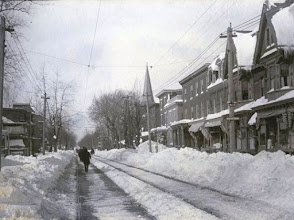
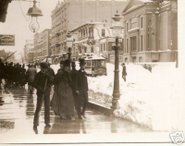
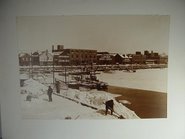
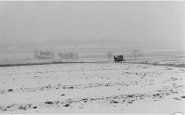
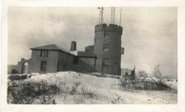

No comments:
Post a Comment